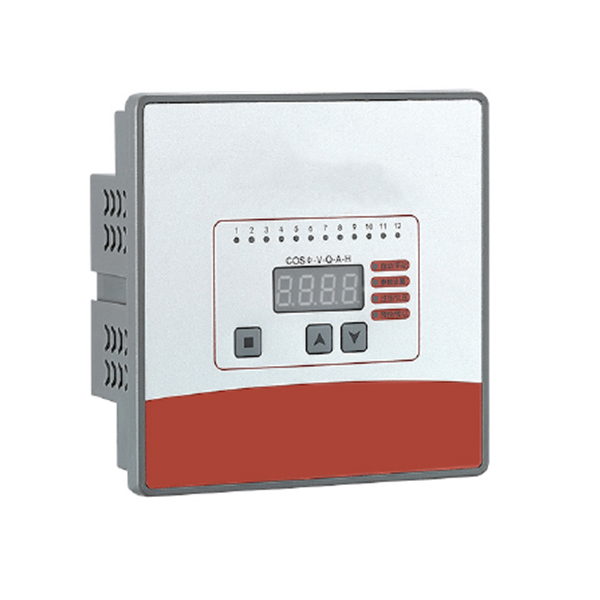Power systems rely on a steady balance of power to work efficiently, but one often-overlooked issue is reactive power. Unlike active power that powers devices, reactive power is needed to start and run equipment like motors—but unmanaged, it causes waste and instability. This is where an Intelligent Reactive Compensation Controller plays a critical role. It addresses these problems proactively, making it a must for modern power systems.
Reactive power itself doesn’t power end devices, but it still flows through the grid to support essential equipment. Without compensation, power plants have to generate extra energy to make up for this "unused" reactive power, leading to higher fuel use and energy bills. An Intelligent Reactive Compensation Controller detects when reactive power is excessive or insufficient, then adjusts in real time to match the system’s needs. This precision eliminates unnecessary energy waste, directly lowering operational costs for businesses and utilities.
Voltage fluctuations are a major risk for power systems. When reactive power is unbalanced, voltage can drop (brownouts) or spike (surges)—both of which damage sensitive equipment like computers, industrial machines, or even household appliances. Traditional compensation methods are slow to respond, but an Intelligent Reactive Compensation Controller monitors voltage changes continuously. It adjusts reactive power supply instantly to keep voltage within safe, consistent levels, protecting equipment and ensuring the grid runs smoothly.

Unmanaged reactive power forces power transformers, cables, and generators to work harder than necessary. For example, a transformer handling excess reactive power may overheat, which weakens its insulation and shortens its lifespan. An Intelligent Reactive Compensation Controller reduces this strain by keeping reactive power in balance. With less stress on equipment, maintenance needs decrease, and the overall lifespan of power system components extends—saving time and money on repairs or replacements.
Modern power systems face dynamic, ever-changing loads. Think of a factory that switches on multiple machines at once, or a neighborhood with peak energy use in the evening. Traditional reactive compensation systems are designed for fixed loads and can’t keep up with sudden changes, leading to inefficiencies. An Intelligent Reactive Compensation Controller uses real-time data to adapt to these fluctuations. It responds quickly to new loads, ensuring the system remains efficient even as demand shifts.
Power systems need an Intelligent Reactive Compensation Controller not just for "improvement," but for basic reliability and efficiency. It stops energy waste, stabilizes voltage, protects equipment, and adapts to modern load changes—all critical for keeping power systems running smoothly in today’s world.
If you want to learn more about how an Intelligent Reactive Compensation Controller can fit your specific power system needs, you can visit our product page to explore detailed solutions tailored to different grid requirements.